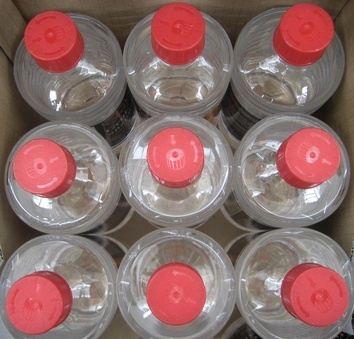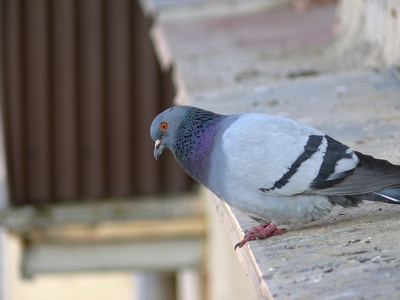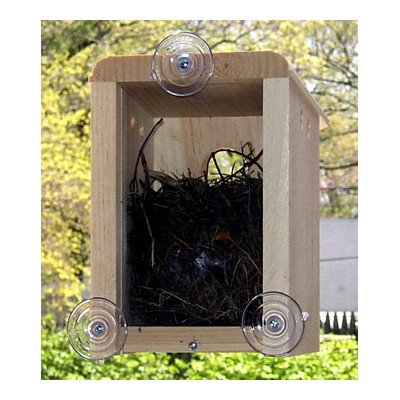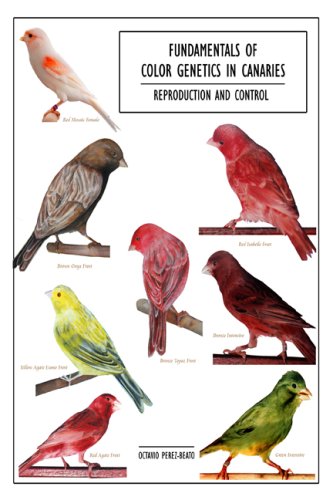We are often asked what the best dog food is. Unfortunately, while the question might be a simple one, the answer isn't necessarily so. Many factors need to be taken into consideration such as age, breed, condition, activity levels, or sensitivities to certain ingredients. Depending on these factors, what might be the best dog food for one dog might not be for another.
Another consideration is food quality. As humans are fond of saying "You are what you eat", the same goes for dogs. Good quality dog food will improve the health and well being of the dog, just the same as it will for us.
The following is meant as a general guideline on what high quality dog foods should or should not contain and represents an opinion only. By no means is it definitive nor can it cover every situation or condition. We also recommend that you consult a qualified veterinarian.
Quality Foods Should Contain:
Superior sources of protein, either whole fresh meats or single source meat meal (ie. Chicken meal rather than poultry meal).A whole meat source as one of the first two ingredients.Whole, unprocessed grains, vegetables and other foods. Nutrients and enzymes are more likely to be found in unprocessed foods.
Quality Foods Should Contain a Minimum of the Following:
Food fragments -- lower cost by-products of another food manufacturing process, such as brewer's rice and wheat bran. Manufacturers usually include at least one fragment to help lower costs. Beware of any dog food that includes several fragments.
Meat by-products (not handled as carefully as whole meat) -- any dog food that contains meat by-products as the MAJOR protein source indicates a low-quality product.
Quality Foods SHOULD NOT Contain:
Fats or proteins named generically (ie. Animal fat/poultry fat instead of beef fat/lamb meal) Artificial preservatives (BHA, BHT, ethoxyquin) Artificial colors Sweeteners (corn syrup, sucrose, ammoniated glycyrrhizin) to improve unappealing food. Propylene glycol -- a toxic substance when consumed in large amounts; added to some "chewy" foods to keep them moist.
When it comes to feeding your pet, there are often a lot of choices out there. Unfortunately, most box stores and grocery stores only sell the cheapest brands that make cat and dog food with unnecessary or unhealthy additives and ingredients. A lot of pet foods use ash or cheap grains as a filler ingredient, something that dogs and cats don't naturally eat. Some pets will even have allergic reactions to the fillers in many foods. If you want to find the food that will keep your pet in the best possible health for years to come, as well as satisfy their need for food they enjoy eating, keep the guidelines above in mind when shopping for pet food.
Most pet specialty stores carry a wide range of natural dog and cat foods that fit the criteria above.

 How to Create a Bird Bath For Little or No Cost
How to Create a Bird Bath For Little or No Cos
How to Create a Bird Bath For Little or No Cost
How to Create a Bird Bath For Little or No Cos
 How to Make Bottle Bird Feeders
How to Make Bottle Bird Feeders
How to
How to Make Bottle Bird Feeders
How to Make Bottle Bird Feeders
How to
 How to Make a Bird Trap
How to Make a Bird Trap
How to Make a
How to Make a Bird Trap
How to Make a Bird Trap
How to Make a
 Pros and Cons for Buying or Building an Aviary for Your Birds
Choosing an AviaryBeautiful
Pros and Cons for Buying or Building an Aviary for Your Birds
Choosing an AviaryBeautiful
 A Guide to Colour Group Canaries
The Three Canary Groups - Co
A Guide to Colour Group Canaries
The Three Canary Groups - Co